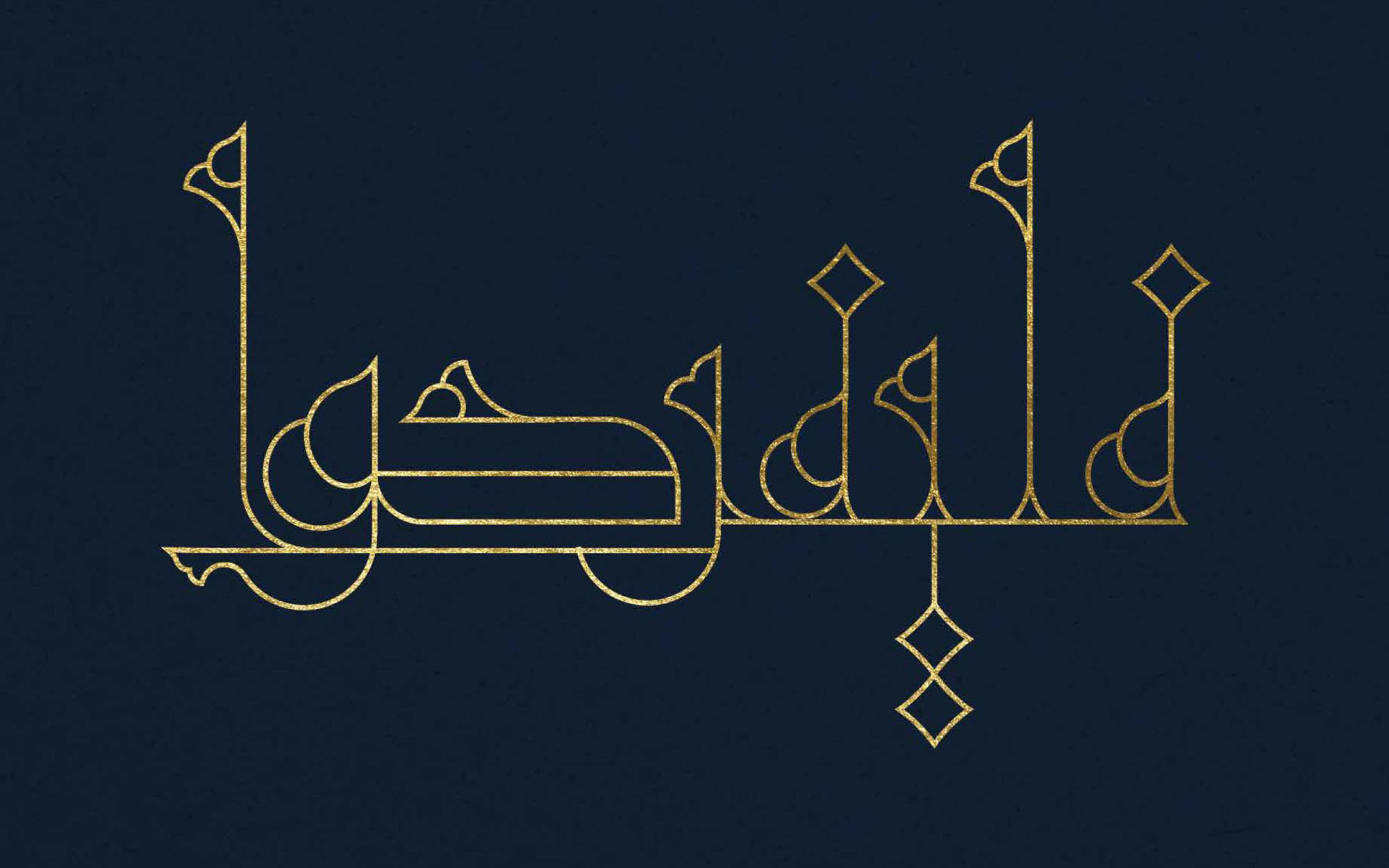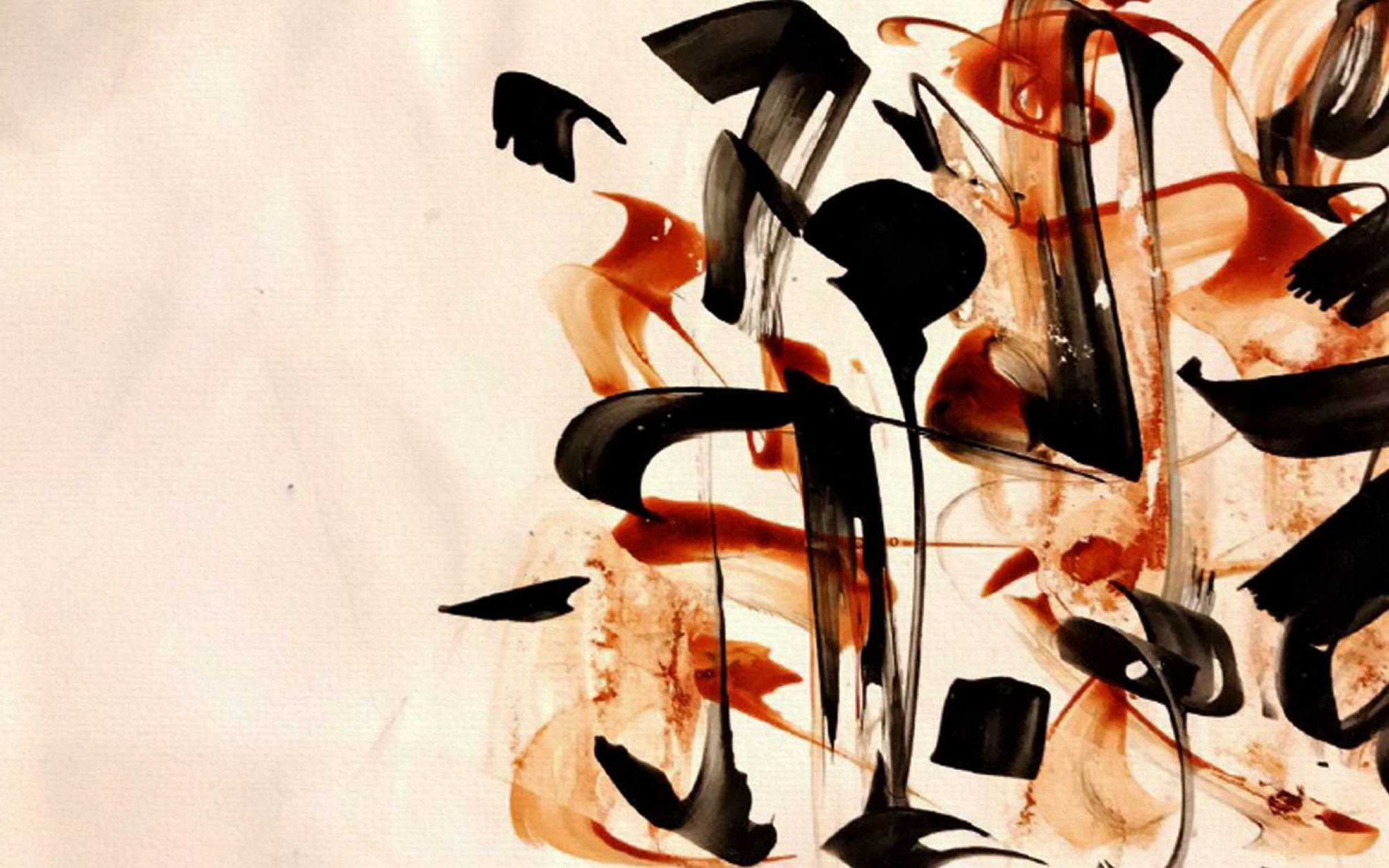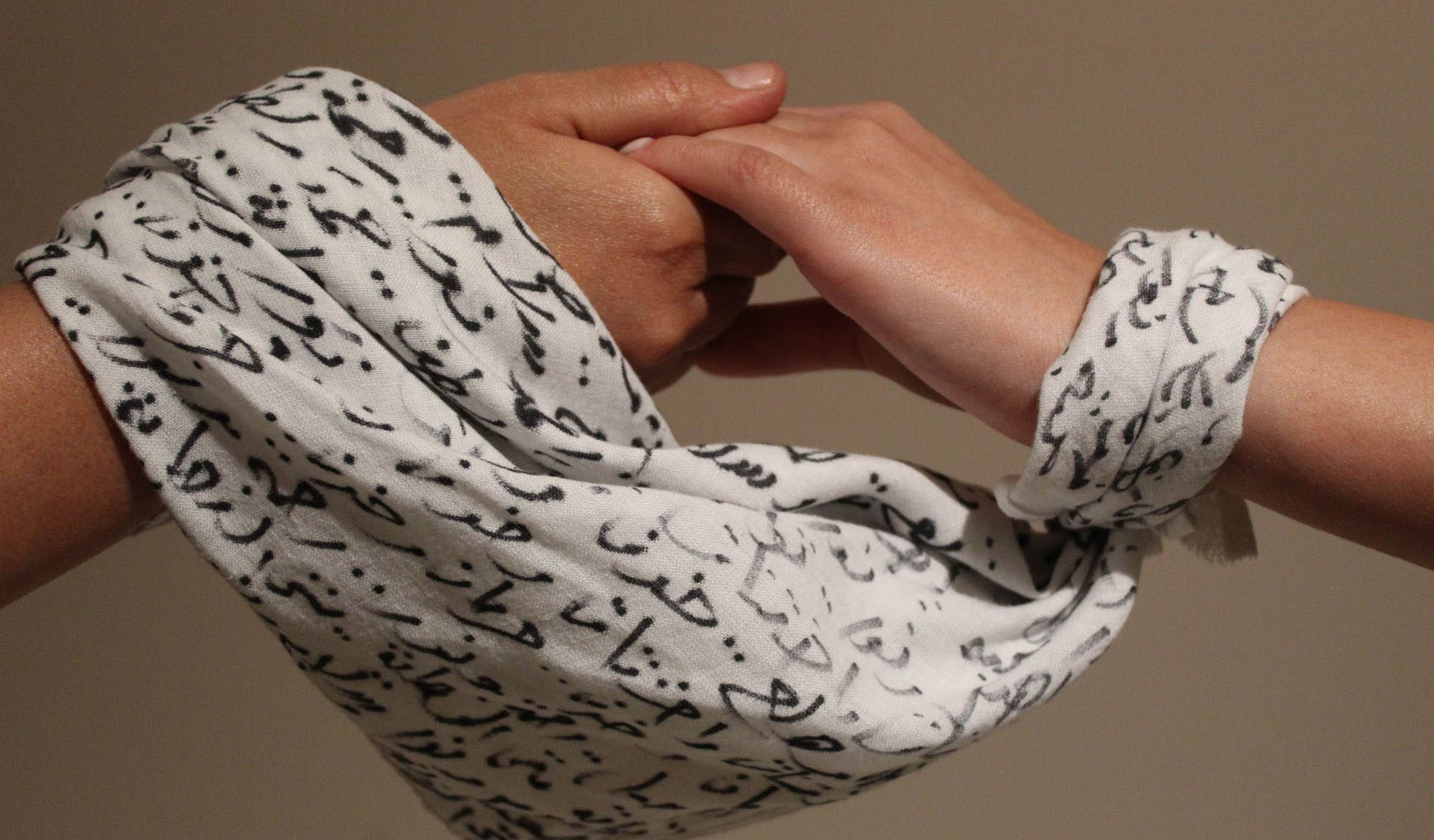The art of joy in light and film
Jeddah port by Princess Reem Al-Faisal where the ordinary becomes extraordinary.
A renowned photographer, she is also the granddaughter of the late King Faisal Al-Saud.
“I find joy in capturing the ordinary, the banal, the things we see every day, and making them special and discovering the hidden story and beauty in them…
In my art I am seeking to show signs of the Divine in nature and in Man. For me, light is one of the many manifestations of God. Which He casts in our path through life to remind us of His constant presence in ourselves and in every place. Every photograph is a pattern of light and shade. For me, my photography is a way to praise God’s glory in the universe…”
From wandering into the farthest corners of a desert, to climbing mountains, to standing completely still for that one perfect click, Princess Reem Al-Faisal has been capturing the world around her – and her personal world - for the past three decades, through her beloved companion: The camera.
“A single photograph can tell many stories,” Princess Reem told Ithraeyat in an exclusive interview.
“Art to me is sacred, an expression of spirituality and connection. So at the heart of my pieces, is the divine and connection we have to each other, to the world and to God.”
Princess Reem is a renowned photographer and artist, who has documented life through timeless photographs taken in countries like China, Korea, Japan, Morocco, Egypt, Iran, Turkey and the United States, as well as her home country of Saudi Arabia. Her images have been cultural ambassadors of the Kingdom, long before the age of social media, smartphones and instant digital photos.
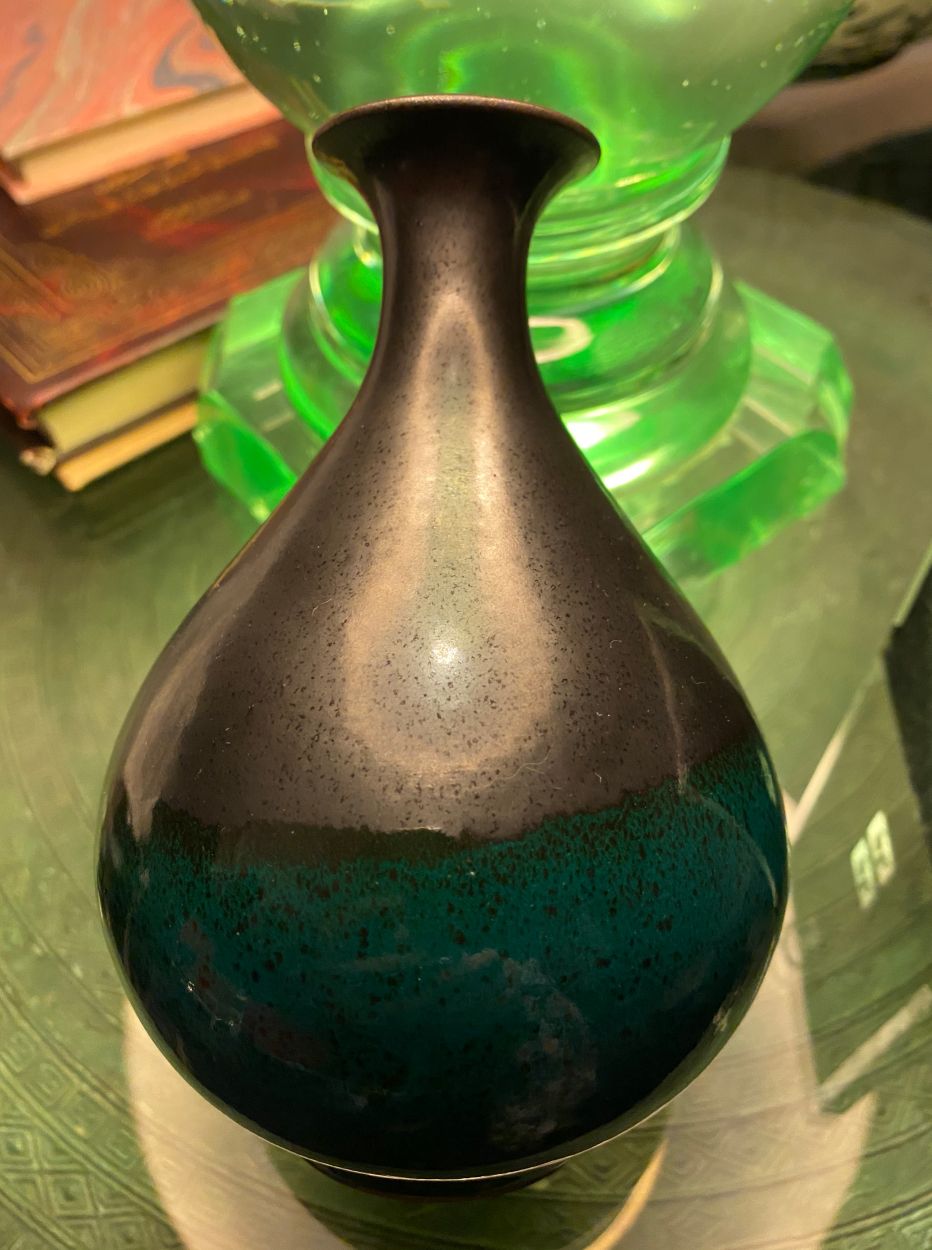
Exquisite art piece from Korea that gives Princess Reem Al-Faisal joy. A renowned photographer, She is also the granddaughter of the late King Faisal Al-Saud.
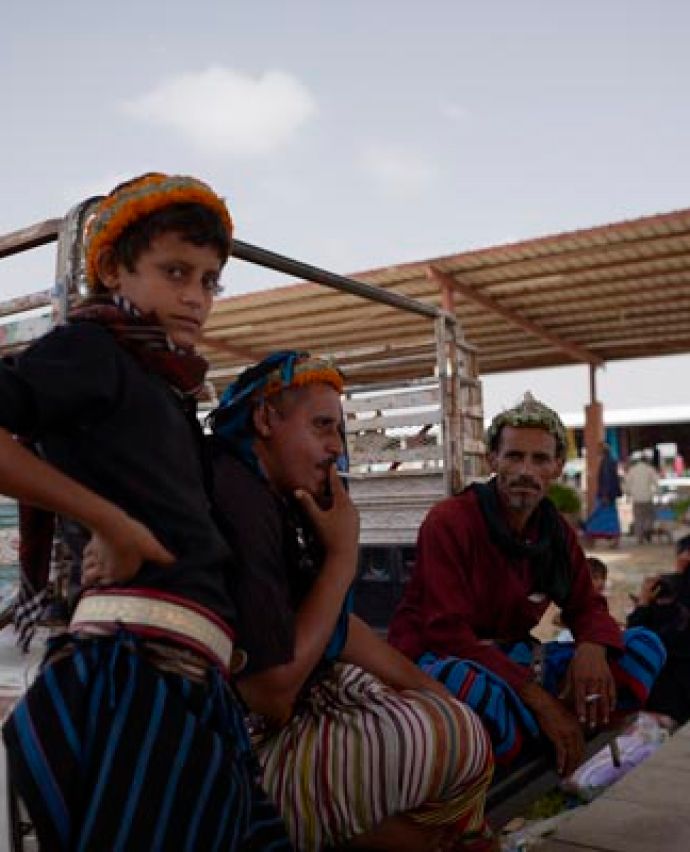
SOUQ AHRID
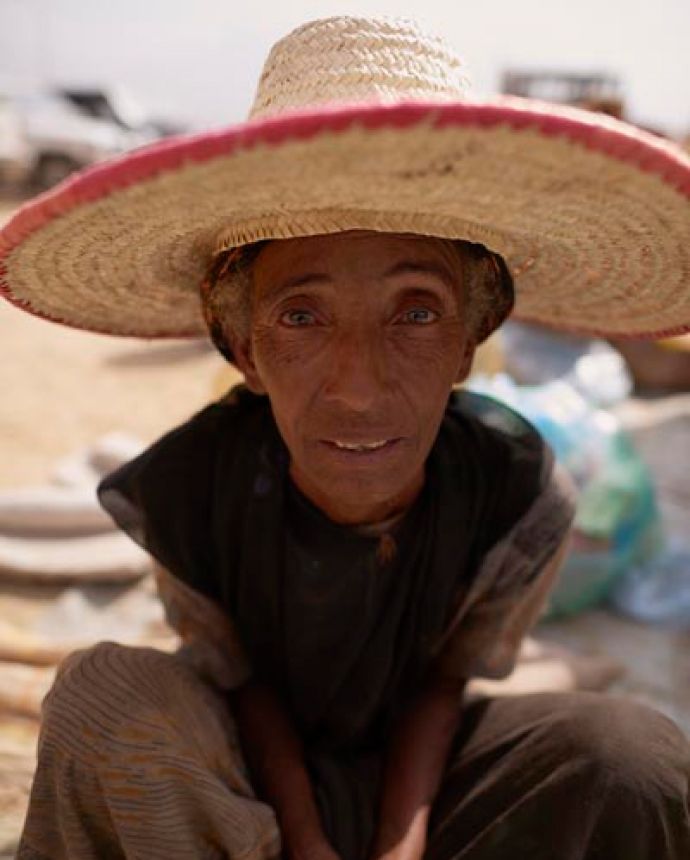
JIZAN
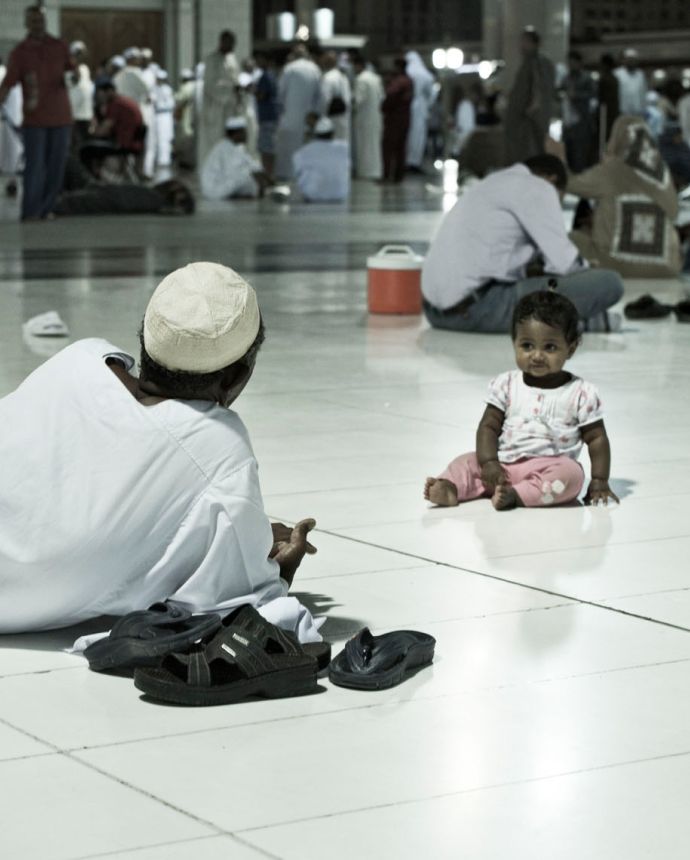
MADINAH
Raw, honest, powerful and sensitive, her photographs are like multi-dimensional paintings, each brushed with strokes of harsh realities that are softened with an underlying spirit.
“I stay away from digital and instead use film for its depth, the grittiness it gives, and for its ability to capture the spirit of the image.
“Using film also teaches one to be patient, and imagine the images before you even snap the picture. I also purposely use black and white as then you see what is hidden, away from all the colors and the noise, you see the essence of the photograph.”
With over 30 exhibitions across the world – including being the first photographer from the Gulf region to have exhibited her work in Palestine – Princess Reem has broken many barriers. She is also the first woman to photograph unique locations, like her famous touring exhibition of 1996 - 1999 – the black and white series Port of Jeddah that was exhibited in France, China, Saudi Arabia, and Egypt. She is also famous for her “Hajj” collection of prints, from 1999 to 2003, capturing the essence of devotion.
“I spend a long time in a place, researching it, and feeling it, before I start taking any photos,” said Princess Reem. “I particularly like visiting places where the people are still in touch with their culture, where the humanity is the culture, not just buildings and cultural sites. Many of the modern cities have dissociated themselves from their origin and their spirituality, and therefore the photos end up flat.”
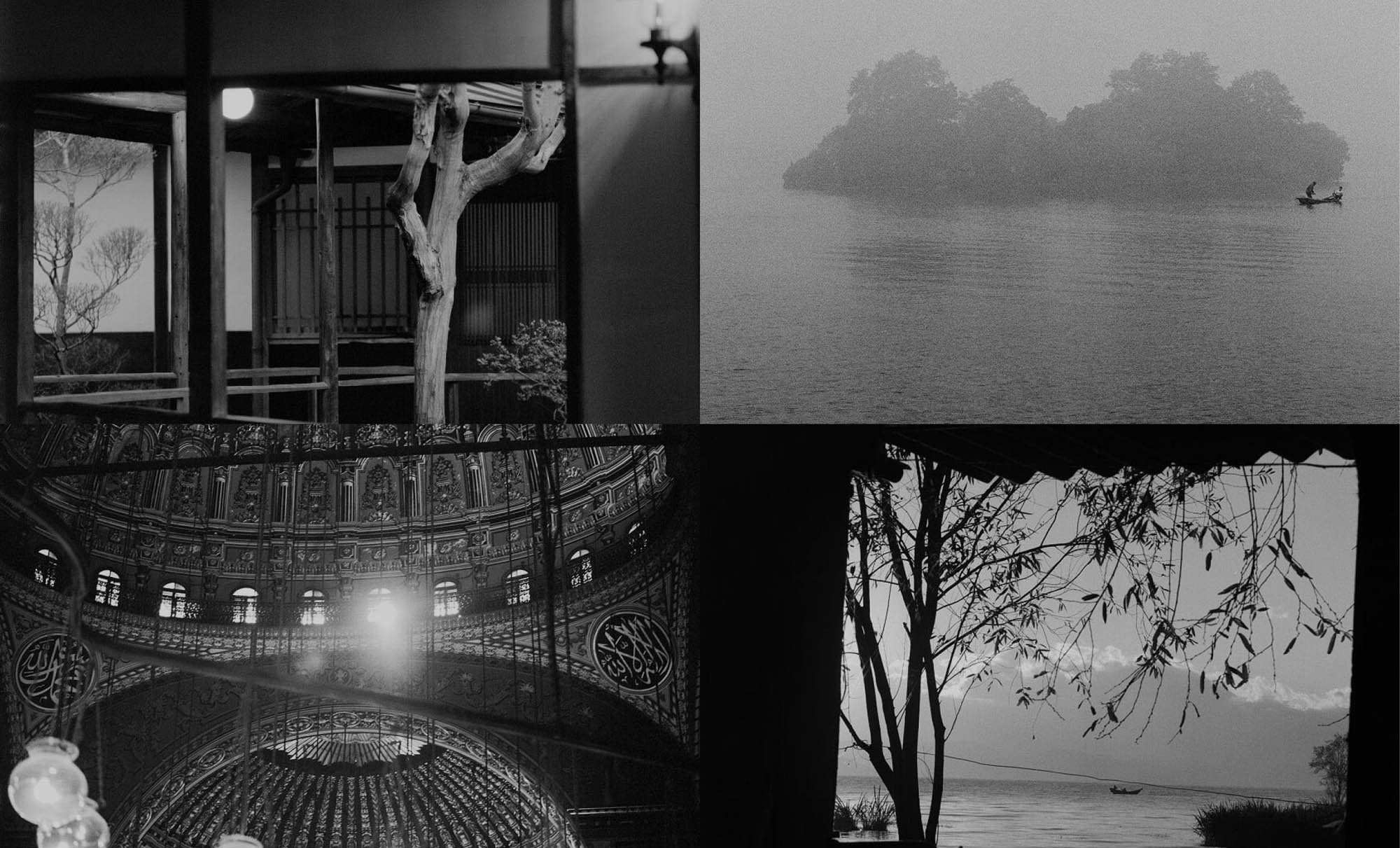
Top two photos from China, and the mosque Egypt and house in Japan.
Her love affair with the camera started in her childhood, when she was around seven years old. Snap. From the chairs in her home to her dolls and even just the walls, everything and everyone that was part of her life, ended up in her photos.
“The camera made me see the world better. Helped me focus on things that I wouldn’t normally notice in the midst of a busy life,” she said.
Like many artists, Princess Reem didn’t plan to be a professional photographer, she simply enjoyed taking photos.
With her family’s support, she changed her direction when she left her studies in Arabic literature at The King Abdul Aziz University, Jeddah, to attend Spéos, a photography school in Paris.
“I don’t plan things, I just go wherever life takes me,” she said.
To help showcase the great talents of Arab photographers, Princess Reem founded the prestigious Empty Quarter Gallery in Dubai back in 2006.
“I wanted to show the Arab community that photography is an art, and that we have great photographers in the region,” she said.
While she has traveled the world and lived in many places, Princess Reem is now residing in Jeddah, her home.
“Jeddah in many ways is like New York. Its artists have come from different parts of the country, and settled there, making Jeddah one of the country’s most important cultural hubs. It is one of the most dynamic places, and due to Hajj, it is also one of the oldest civilizations with the mixing of races and nationalities.”
Herself a fine art artist and admirer of art, Princess Reem collects and supports local talents whose creations she admires.
“I search for the sincere art. I find too many artists today go for the shock element, one that confronts society and wants to start a quarrel. I personally like art that lifts us to become better versions of ourselves,” she said.
Her advice to new photographers and artists: “Be sincere in your craft, don’t copy others, don’t do it impress or get attention. Have a deep understanding of history, philosophy and your own culture, and see how this knowledge transforms your creations into something deeper.”
A project close to her heart, Princess Reem is currently embarking on a new adventure to document the story of her country.
“I will be going across Saudi Arabia, rediscovering my home and its vastness and diversity. Every part of it has a different style, different dialect, and citizens with different features and customs,” she said.
She had already started photographing Jizan and Al Jouf, and had noticed how the northern citizens have different features than the southern ones, where those in Jizan are smaller in physique and those in Al Jouf are taller and more reserved.
“I have spent more than 20 years discovering other worlds and cultures, and now I will focus on rediscovering my home and its many stories.”
Her latest work may explore color and the digital format.
She is also planning to document the oil industry, from the sites to the people behind the scenes that had their role in this important chapter of Saudi history.
Another project she has been planning for a while is one which tells the “refugee women” story, capturing the stories of the many parts of the Arab world occupied by female refugees.
“Women carry the country with them. They keep the memory of a nation,” said Princess Reem.
With so many ideas and projects, Princess Reem says she will remain “busy until” she dies.
“There is no time to be bored – there’s so much to see and do,” she said.
During one of her toughest times, when she took a break from photography, Princess Reem fell upon something in need of help and care.
“I saw this abused little Bengal kitten in a pet shop. She touched my heart and I rescued her,” she said. “Hanona is now one of my best friends.”
In giving care, Princess Reem learned how to overcome the personal hardship she herself was enduring at the same time.
With a life filled with inspiration, love and beauty, Princess Reem is looking forward to see what her camera will capture next.
“In our modern culture, we have been trained to focus on the physical we see through our mind, will and emotions. But there's a spiritual dimension which is expressed through beauty and creativity, and this is what I try to achieve for myself and show it through my work.”
As for her motto in life, she takes her inspiration from The Prophet Muhammed (Peace be upon him), who said: “Be in this world as if you were a stranger or a passing traveler.”
